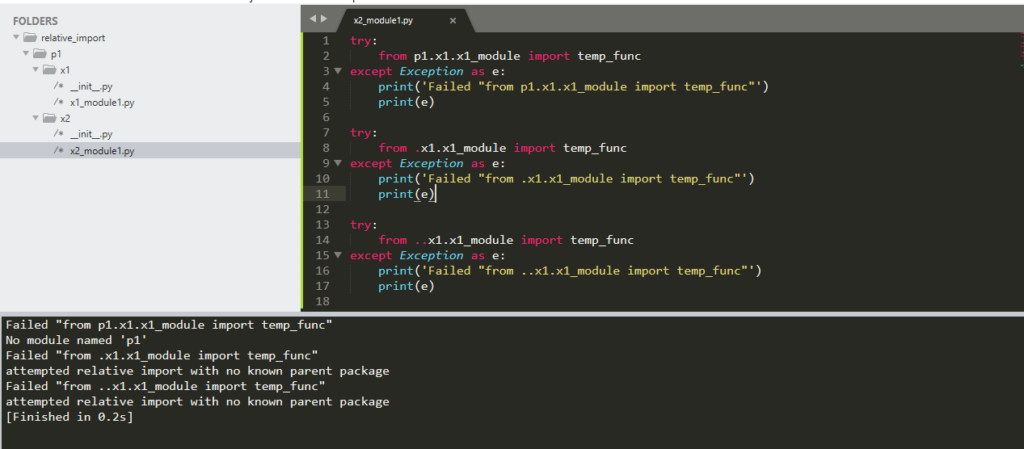ImportError: Attempted Relative Import with No Known Parent Package – an error message that Python developers often encounter. It typically means that your folder does not have a parent package, and so, you can’t import something from the parent folder using relative imports. But don’t worry, in this comprehensive guide, we’ll explain the error and offer several effective strategies to resolve it.
Key Insights
- The error typically indicates a problem with the folder structure or import statement in your Python code.
Understanding Python’s import mechanism and packages can help resolve this error. - Several strategies, including adjusting your project structure and modifying import statements, can address this issue.
- Proactively structuring your Python projects and using absolute imports can prevent this error in the future.
What’s the Optimal Outcome Without the ImportError: Attempted Relative Import with No Known Parent Package Problem?
Ideally, your Python programs should run without encountering the ImportError: Attempted Relative Import with No Known Parent Package error. Your import statements should correctly reference the modules and packages in your project, and your project structure should support Python’s import mechanism.
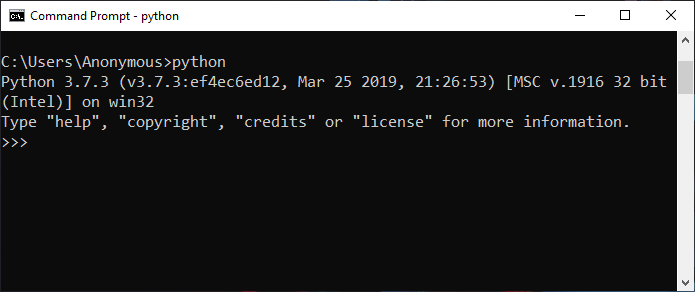
Case Study: When Does the ImportError: Attempted Relative Import with No Known Parent Package Error happen?
Let’s consider a simple Python project structure:
css
Copy code
[my_project/
├── main.py
└── my_package/
├── __init__.py
└── helper.py]
In this scenario, if main.py tries to import a function from helper.py using a relative import, like from .my_package.helper import my_function, you’ll encounter the ImportError: Attempted Relative Import with No Known Parent Package error. This error happens because main.py isn’t part of a package, so it can’t use relative imports.
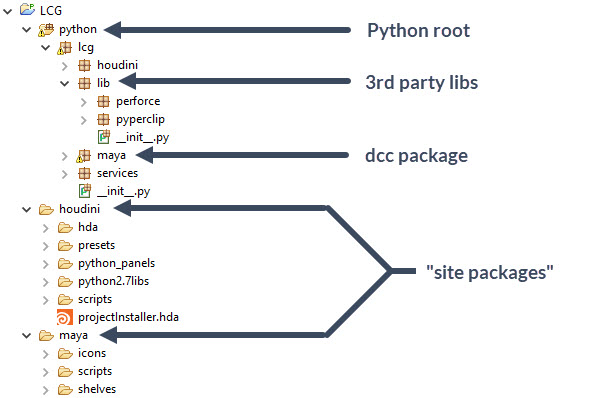
Initial Diagnosis: Have You Tested These Measures?
Before diving into specific strategies, ensure that you’ve confirmed the error. Try restarting your system or moving your code to a fresh Python environment. Double-check your import statements and your project’s structure. If the error persists, then proceed with the following solutions.
The Significance of Rectifying ImportError: Attempted Relative Import with No Known Parent Package
Resolving the ImportError: Attempted Relative Import with No Known Parent Package error is crucial for your Python project’s functionality. This error prevents your scripts from accessing the modules they need to function correctly. If left unresolved, it could lead to further errors and halt the execution of your entire project.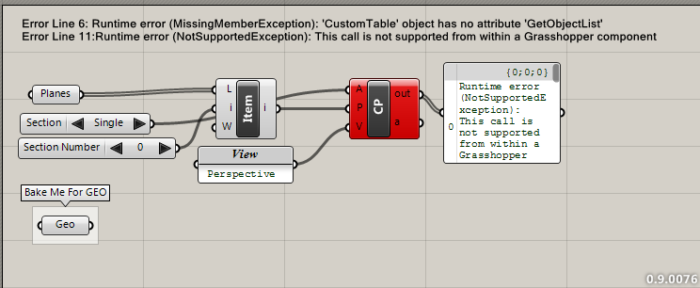
Interactive Guide: 5 Functional Strategies to Address ImportError: Attempted Relative Import with No Known Parent Package
Here, we’ll walk you through five practical strategies to resolve the ImportError: Attempted Relative Import with No Known Parent Package error. Each solution includes a detailed explanation and step-by-step instructions.
SOLUTION 1: Adjust Your Project Structure
Your project structure plays a crucial role in Python’s import mechanism. A well-structured project can prevent many import errors. Here’s how to adjust your project structure:
Organize your Python scripts into packages. A package is simply a directory containing Python scripts and a file named __init__.py (which can be empty).
Place your main script (the one you run directly) outside these packages, in the root directory of your project.
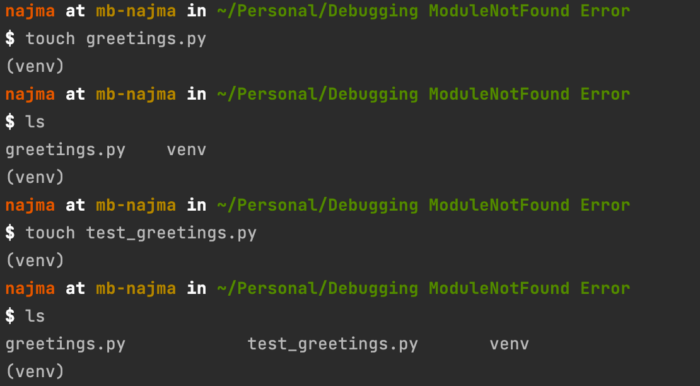
SOLUTION 2: Use Absolute Imports
Rather than using relative imports, consider using absolute imports. This strategy involves specifying the full path (from the project’s root directory) to the module you’re importing. Here’s how to do it:
In your main script, replace a relative import like from .my_package.helper import my_function with an absolute import like from my_package.helper import my_function.
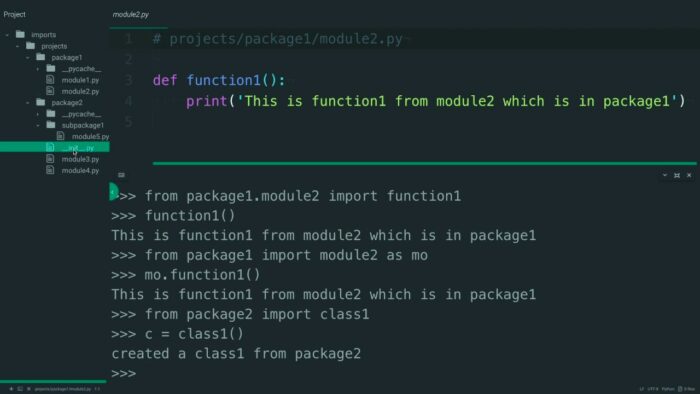
SOLUTION 3: Run Python with the -m Option
Running Python with the -m option allows it to import your scripts as modules, which can resolve the error. Here’s how to do it:
Instead of running python my_script.py, run python -m my_script.
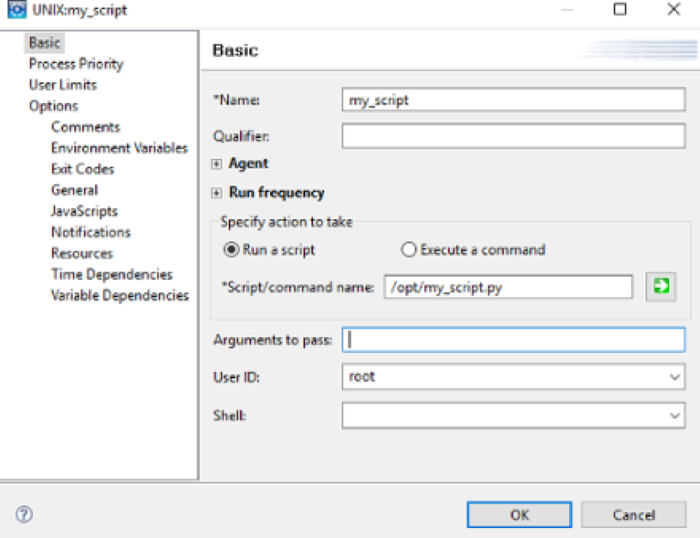
SOLUTION 4: Modify Your PYTHONPATH
The PYTHONPATH environment variable tells Python where to look for modules to import. Adding your project’s directory to PYTHONPATH can resolve the error. Here’s how to do it:
- On Unix or Linux, use export PYTHONPATH=/path/to/your/project:$PYTHONPATH.
- On Windows, use set PYTHONPATH=C:\path\to\your\project;%PYTHONPATH%.
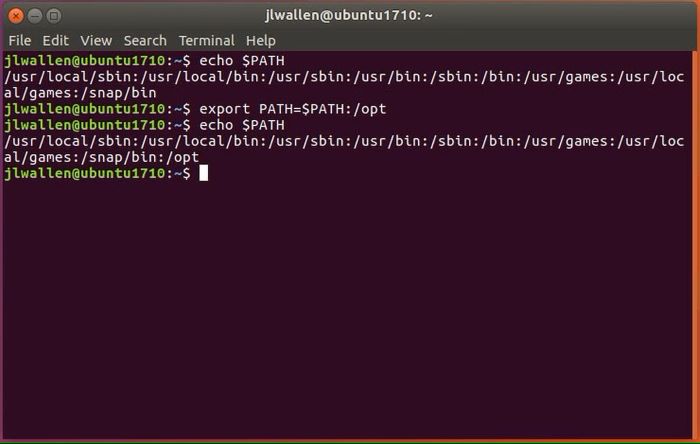
SOLUTION 5: Reach Out to Support
If all else fails, consider reaching out to Python’s community for assistance. You can post your problem on platforms like Stack Overflow or Reddit. When doing so, make sure to include details about your Python environment, your project’s structure, and the exact error message.
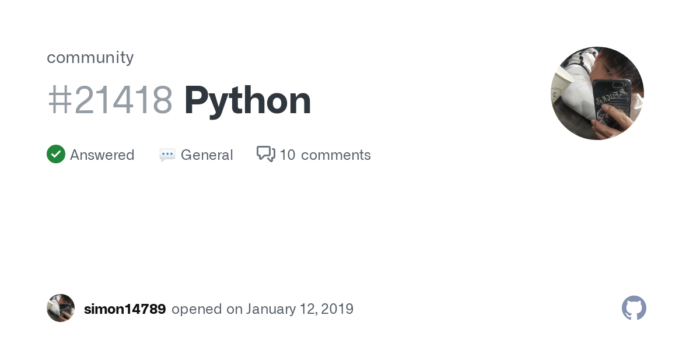
How to Prevent ImportError: Attempted Relative Import with No Known Parent Package Error in the Future
To prevent this error in the future, consider the following best practices:
- Organize your Python scripts into well-structured packages.
- Use absolute imports instead of relative imports.
- Regularly check and adjust your PYTHONPATH as needed.
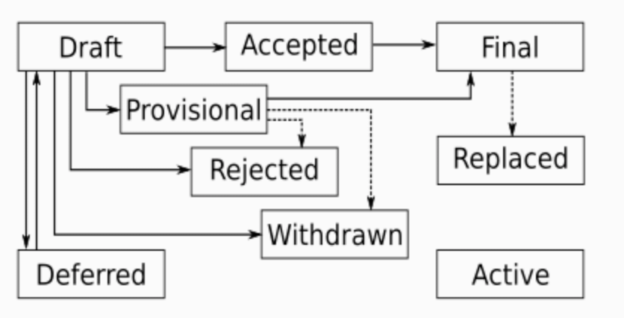
Final Thoughts
Understanding and resolving the ImportError: Attempted Relative Import with No Known Parent Package error is crucial for any Python developer. By organizing your project correctly, using absolute imports, and understanding Python’s import mechanism, you can prevent this error and keep your scripts running smoothly.
FAQs
What causes the ImportError: Attempted Relative Import with No Known Parent Package error?
This error typically indicates a problem with your project’s structure or your Python import statements.
How can I fix the ImportError: Attempted Relative Import with No Known Parent Package error?
Adjusting your project structure, using absolute imports, running Python with the -m option, and modifying your PYTHONPATH can all help resolve this error.
What’s the difference between absolute and relative imports in Python?
Absolute imports specify the full path (from the project’s root directory) to the module being imported. Relative imports, on the other hand, specify the path to the module relative to the current script.
Why does Python have an import mechanism?
Python’s import mechanism allows scripts to use code defined in other scripts, promoting code reuse and modularity.
What is a Python package?
A Python package is a directory containing Python scripts and a file named __init__.py (which can be empty). Packages help organize related scripts together, simplifying the project structure.
How do I run Python with the -m option?
To run Python with the -m option, you use the command python -m my_script instead of python my_script.py.
What is PYTHONPATH?
PYTHONPATH is an environment variable that tells Python where to look for modules to import.

